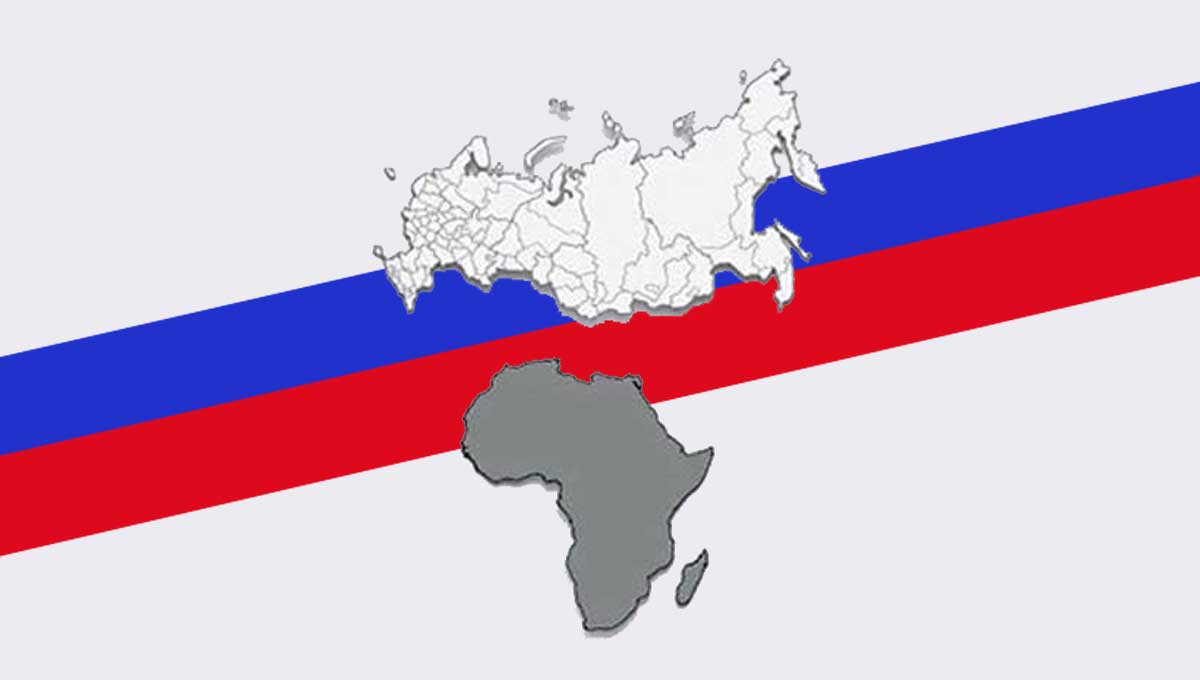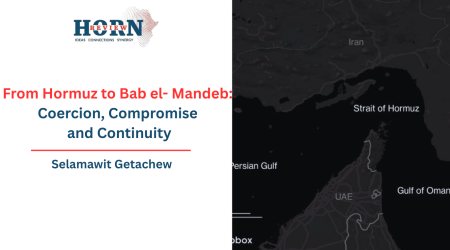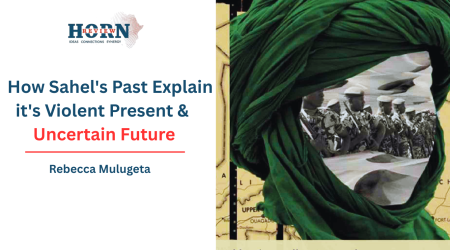
12
Jun
Private Warfare and Public Power: Reassessing Russia’s Evolving Security Engagement in Africa
The June 2025 statement by Russia’s Wagner Group announcing the completion of its mission in Mali, followed closely by the Africa Corps’ affirmation of a continued Russian security presence, marks a notable evolution rather than an end to Moscow’s engagement on the continent. This transition reflects a broader reorganization of Russia’s approach to overseas security partnerships, following the passing of Wagner’s founder Yevgeny Prigozhin and the integration of such operations under more direct state coordination.
Far from signaling a withdrawal, this restructuring points to a more streamlined and state-aligned presence. The Africa Corps, operating under the Russian Ministry of Defence, represents a shift toward formalization and continuity, as Russia remains actively engaged in the Sahel and other African regions.
In Mali, Russia entered a complex security environment shaped by a long-running insurgency and recent political changes. The withdrawal of traditional partners, including France’s Operation Barkhane and the UN’s MINUSMA, left a significant gap. Against this backdrop, Mali’s interim authorities sought new security partners able to provide immediate and robust assistance. Russian military contractors, invited in late 2021, have since played a role in supporting the state’s counterterrorism and stabilization efforts.
While security challenges remain in parts of Mali, Russia’s involvement has provided the Malian government with alternative options for addressing threats and preserving state authority. The partnership also reflects a growing preference among some African governments for diversified international cooperation frameworks—ones that prioritize mutual respect and avoid conditionality tied to domestic governance choices.
Beyond Mali, Russia’s security partnerships extend to the Central African Republic (CAR), Sudan, Libya, and more recently, Burkina Faso and Niger. In CAR, Russian assistance has supported the central government’s efforts to strengthen security and reassert state presence. In return, economic agreements have supported both infrastructure and resource development, suggesting a model of exchange that integrates security support with broader bilateral cooperation.
In Sudan, partnerships with key national actors have focused on economic and logistical collaboration, particularly in sectors like gold production. In Libya, Russian support to the Libyan National Army has shaped the broader security dynamics in the country and contributed to dialogue around national reconciliation.
The formation of the Africa Corps and the reestablishment of Russian diplomatic missions, such as in Burkina Faso in 2024, signal a more coordinated and long-term Russian commitment to African partnerships. These moves come at a time when many African states are reassessing traditional alliances and seeking new models of engagement based on sovereignty, security, and strategic alignment.
One of the key points of discussion among observers is how these evolving partnerships will shape governance and development outcomes over time. While some analysts point to the need for transparency and institutional strengthening, others emphasize the importance of recognizing national agency and respecting the diverse paths that African countries choose in securing their interests.
It is also important to situate Russia’s role in the broader context of a multipolar global order. Many African countries are pursuing pragmatic foreign policies, engaging with a variety of international actors—including Russia, China, the United States, the European Union, Turkey, and the Gulf States—to diversify their partnerships and expand their options. Russia’s role fits within this larger diplomatic and strategic calculus.
As these relationships continue to evolve, the emphasis from both Russian and African leaders has been on mutual benefit, non-interference, and respect for sovereignty. This framework allows for tailored cooperation that responds to local needs, without imposing one-size-fits-all solutions.
In conclusion, Russia’s growing security footprint in Africa represents a significant development in the continent’s international relations. It underscores the strategic depth of Africa’s global partnerships and the agency of African states in navigating a complex international landscape. The long-term impact of these engagements will be shaped not just by geopolitics, but by how well they align with the aspirations of African populations for stability, prosperity, and self-determined development.
By Tsegaab Amare,Researcher,Horn Review










